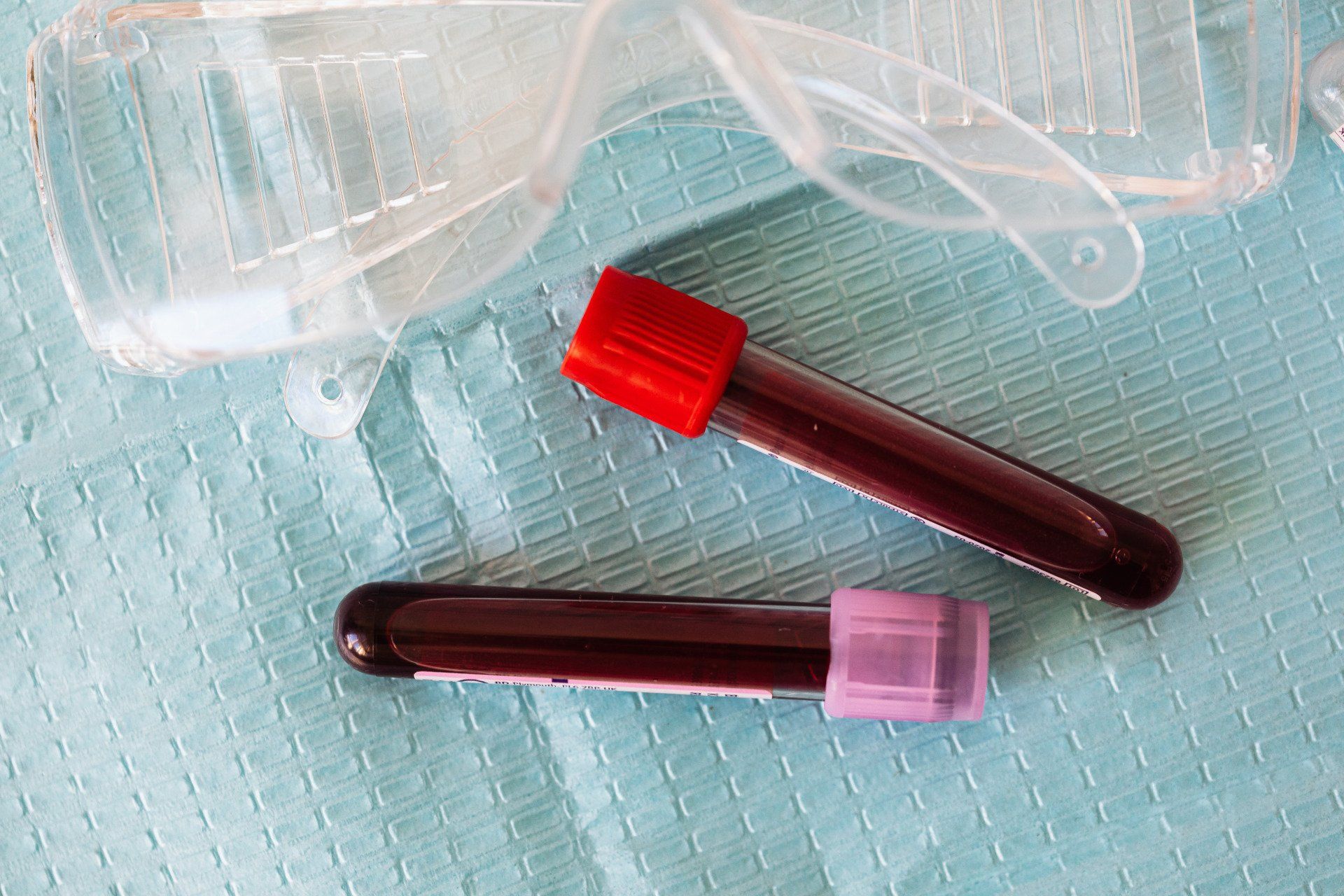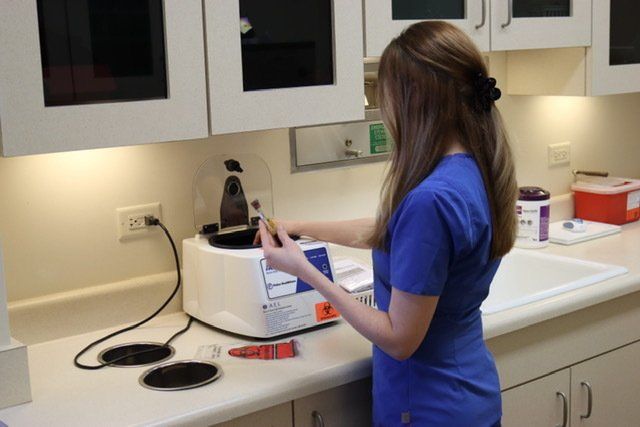What is leaky gut or intestinal permeability and how can it negatively impact health?
Leaky gut, also known as increased intestinal permeability, is a condition that occurs when the lining of the intestines becomes more porous than usual, allowing substances like bacteria, toxins, and undigested food particles to pass through the intestinal wall and into the bloodstream. In a healthy gut, the intestinal lining acts as a barrier, selectively allowing nutrients to be absorbed while keeping harmful substances out. However, when the integrity of this barrier is compromised, it can lead to various health problems.
The intestinal lining is composed of a single layer of cells that are closely packed together and joined by tight junctions. These tight junctions control the passage of substances between the cells and maintain the barrier's integrity. When leaky gut occurs, these tight junctions become weakened or damaged, allowing larger particles to pass through.
Several factors have been associated with the development of leaky gut, including:
- Diet: Consuming a diet high in processed foods, sugars, and unhealthy fats can contribute to inflammation in the gut lining, potentially leading to increased permeability.
- Stress: Chronic stress has been linked to alterations in gut permeability and gut microbiota, which can influence the health of the intestinal lining.
- Medications: Certain medications, such as nonsteroidal anti-inflammatory drugs (NSAIDs) and antibiotics, can affect gut health and potentially contribute to leaky gut.
- Infections: Infections, particularly chronic gut infections, can lead to inflammation and damage to the intestinal lining.
- Imbalance in gut microbiota: An unhealthy balance of gut bacteria, known as dysbiosis, can contribute to inflammation and compromise the gut barrier.
- Environmental factors: Exposure to environmental toxins, such as pollutants and pesticides, can impact gut health and increase the risk of leaky gut.
The negative effects of leaky gut on health are still an area of ongoing research, but it is believed to be associated with various health conditions, including:
- Inflammation: The passage of harmful substances into the bloodstream can trigger an immune response and chronic inflammation, potentially contributing to inflammatory conditions like autoimmune diseases and allergies.
- Digestive problems: Leaky gut may lead to gastrointestinal symptoms such as bloating, gas, diarrhea, and abdominal pain.
- Immune system dysfunction: The immune response triggered by leaky gut can affect immune system function, potentially leading to increased susceptibility to infections and autoimmune diseases.
- Systemic effects: Some research suggests that leaky gut might be linked to conditions like irritable bowel syndrome (IBS), chronic fatigue syndrome, and even neurological disorders like Alzheimer's disease.
- Food sensitivities: Larger particles passing through the gut barrier can stimulate the immune system and lead to the development of food sensitivities or allergies.
At BioRenew, we test for intestinal permeability using a GI-Map DNA stool test.
The Gastrointestinal Microbial Assay Plus (GI-MAP) is an innovative clinical tool that measures gastrointestinal microbiota DNA from a single stool sample with state of the art, quantitative polymerase chain reaction (qPCR) technology.
The GI-MAP was designed to detect microbes that may be disturbing normal microbial balance or contributing to illness as well as indicators of digestion, absorption, inflammation, and immune function.
Almost every patient can benefit from a GI-MAP gut health assessment. Some patients are looking to achieve optimal health, while other patients have been chronically ill and frustrated without a diagnosis for years.
Some conditions that warrant testing are:
- Autoimmune diseases
- IBS/IBD
- Digestive complaints, diarrhea or constipation
- Brain fog
- Skin problems, like acne and psoriasis
- Mood disorders, depression, and anxiety
- Diabetes and weight loss issues
If you are concerned about your gut health, contact us and get tested. A healthy gut microbiome translates to a healthy life!











